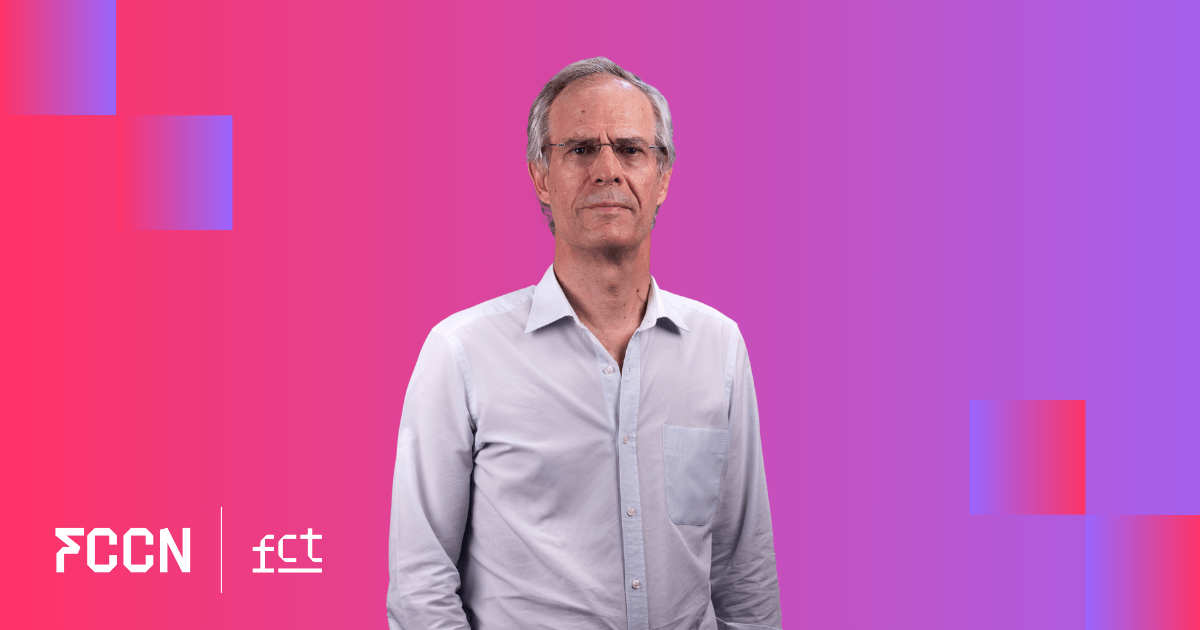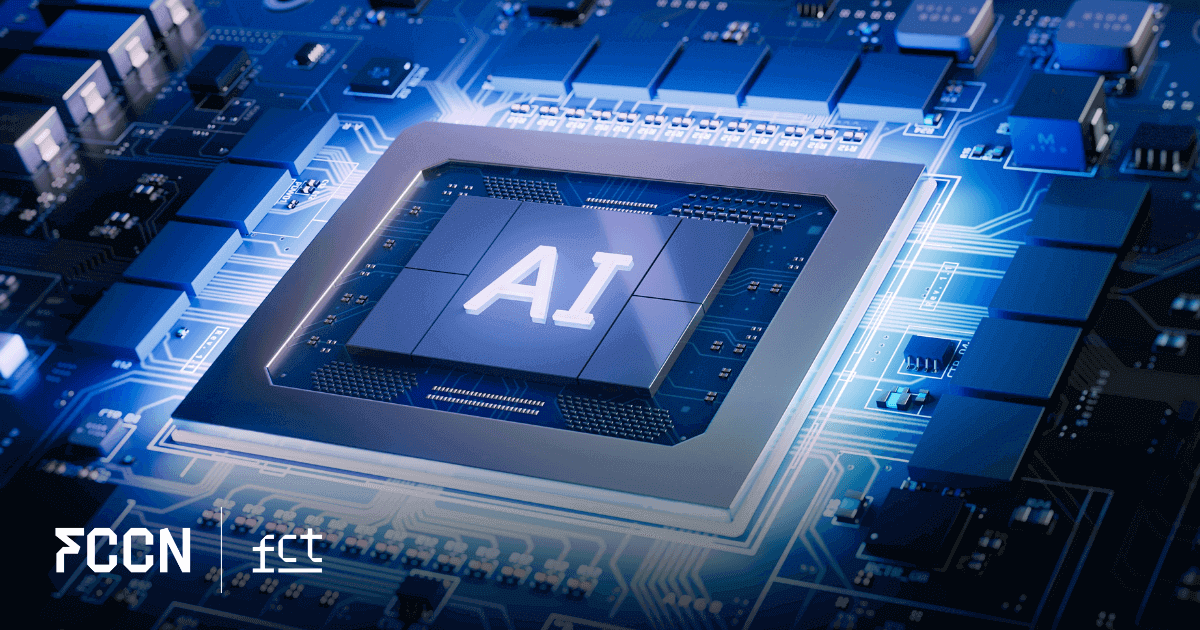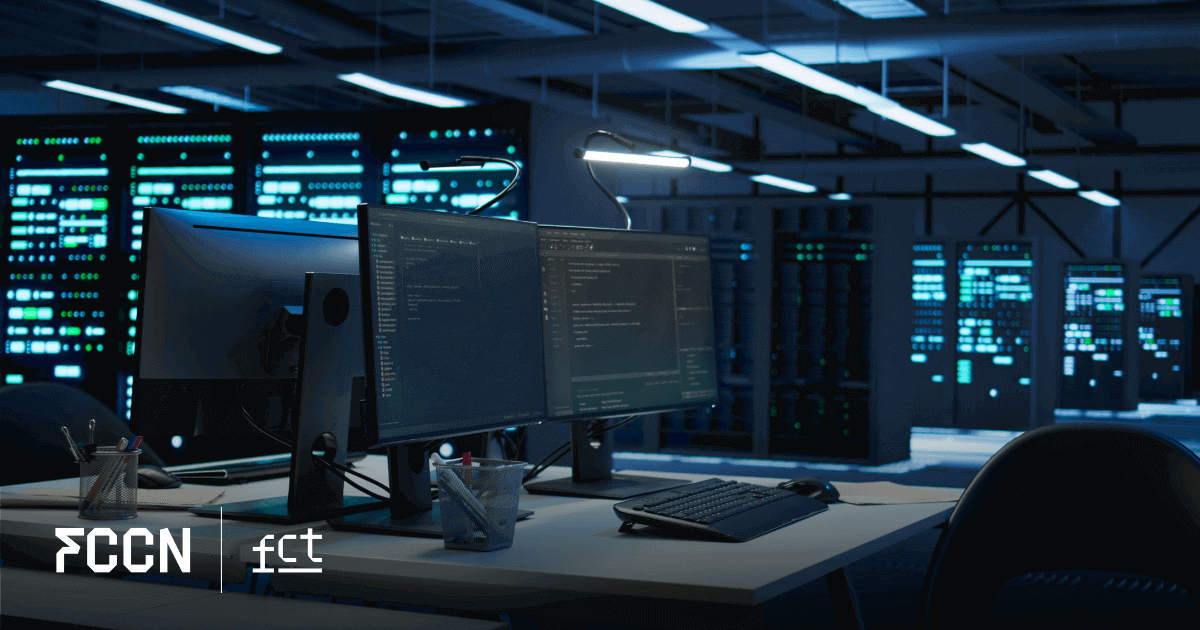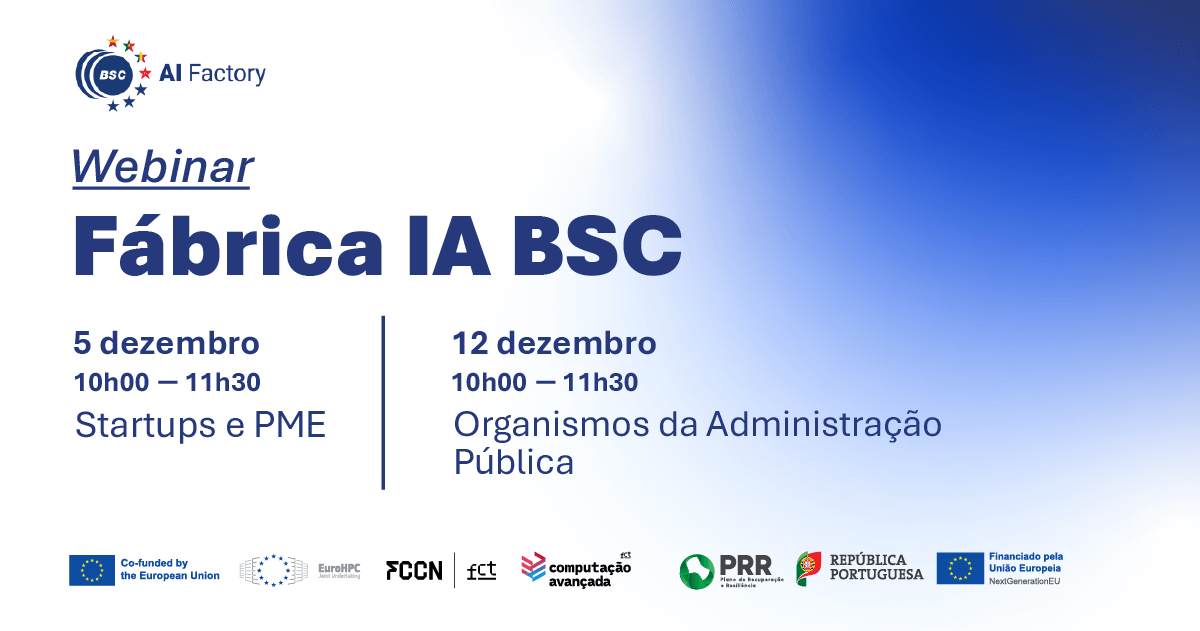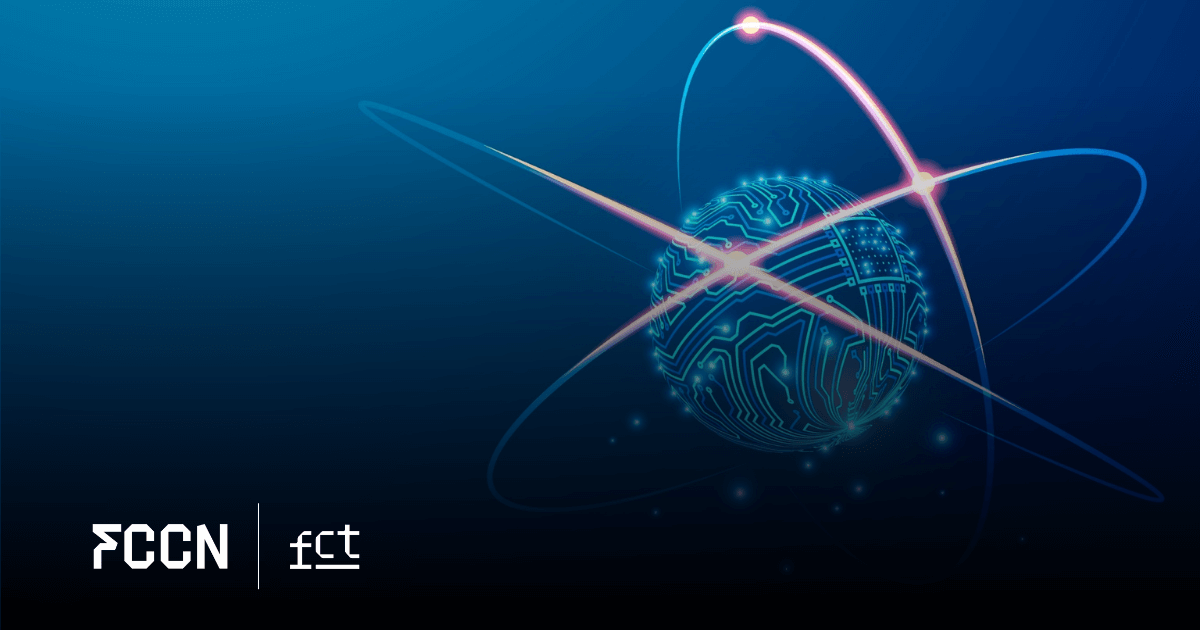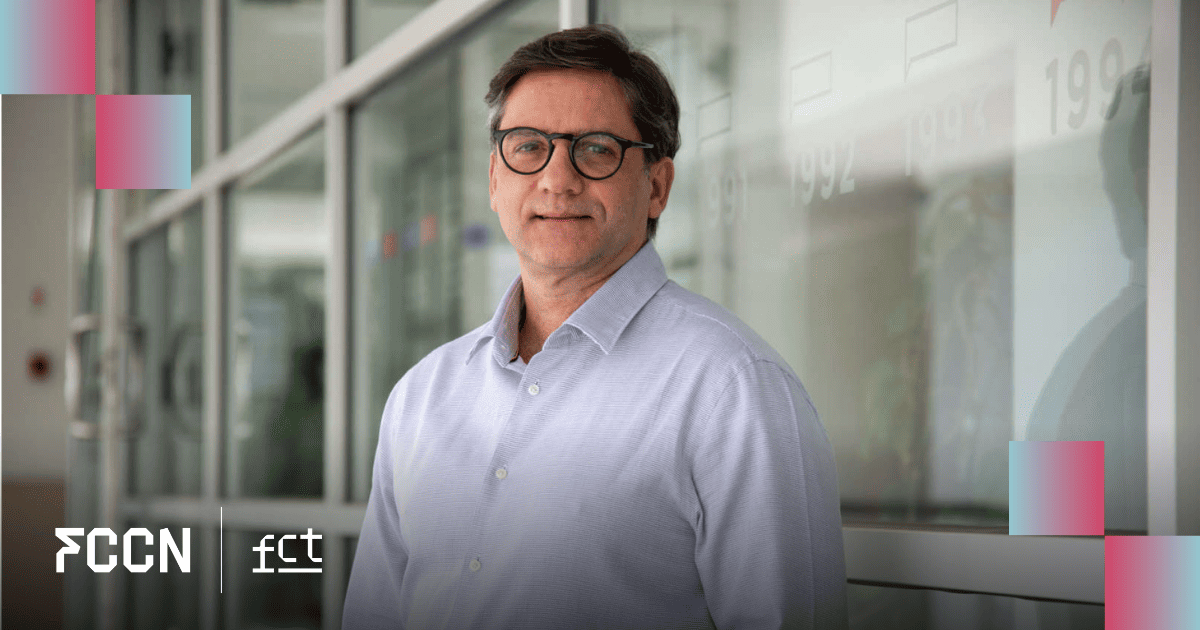
THE Professor Rui Oliveira, Director of the Operational Center where Deucalion is installed, presented the best Portuguese supercomputer managed by FCCN, FCT digital services, and the University of Minho and supported by the Recovery and Resilience Plan (PRR).
Topics in this article:
What were Deucalion's initial goals? Have they been achieved?
Deucalion's high-performance infrastructure allows accelerate scientific and technological innovation, facilitating cutting-edge research in various fields such as physics, chemistry, biology and computer science, while significantly reducing the time it takes for industry to create products, services or technologies.
Furthermore, Deucalion intends to promote collaboration and open innovation between the various communities, being an advantageous resource for collaborative and interdisciplinary projects, for example, in the areas of climate change, Big Data and Artificial Intelligence. Also aimed at businesses, this computational resource aims to serve as a link between companies and academia, fostering the joint development of innovative solutions.
In the era of digital transformation we live in, Deucalion aims to accelerate the digital transition, enabling the development of Artificial Intelligence solutions capable of optimizing processes in industry and services, as well as contribute to the sustainability of the planetIts use in simulations, for example, can help find more efficient energy solutions, model climate change, as well as studies on energy transition and environmental management.
While adding value to the national scientific and technological ecosystem, Deucalion has train teams in the area of advanced computing. The use of this resource allows teaching and research institutions to train specialists in the area of High-Performance Computing (HPC), contributing to the development of their capabilities in this area. This represents another long-term impact that Deucalion could have on society. In the business world, this Portuguese supercomputer could be used to form HPC teams capable of incorporating new digital technologies into innovation processes, as well as simulations and analyses.
Finally, and with international impact, Deucalion comes put Portugal on the map of leaders in computing infrastructuresThis positioning allows educational and research institutions, as well as companies, to leverage their scientific and technological contributions on equal terms with other international science, technology, and innovation centers.
Why was the name Deucalion chosen?
The name Deucalion is inspired by Greek mythology. Deucalion, son of Prometheus, is known for stealing fire from the gods and giving it to humanity. After surviving the great flood sent by Zeus, Deucalion is associated with survival and renewal. Thus, the name Deucalion represents the ingenuity and adaptability inherent in these powerful machines, called supercomputers.
How many projects are already underway at Deucalion?
Currently, there are fifty projects underway, of which around 20% are international, from the EuroHPC network.
What areas are these projects from?
Following the classification used Funded by EuroHPC JU, the projects underway at Deucalion focus on the areas of Physical Sciences and Engineering, Life Sciences, and Social Sciences and Humanities. This variety attests to the breadth of areas where this computational resource can be a promising tool for leveraging scientific and technological advances.
Since its inauguration in 2023, what have been the main milestones achieved by Deucalion?
In addition to the inauguration, the launch of the first projects in June 2024 was a huge milestone for Deucalion and its national and European context. These projects opened the door to the acceleration potential that Deucalion offers to any researcher, academic, or innovator in their work.
What is expected for the future of Deucalion?
Deucalion's future prospects are quite promising, given its central role in digital transformation and technological innovation across a variety of sectors.
Deucalion is expected to continue playing a crucial role in advancing scientific and technological research in Portugal and Europe, contributing to the development of technological solutions and cross-cutting challenges across various fields—thus serving as a lever for the expansion of the innovation and research ecosystem.
As Deucalion is the first ARM supercomputer in the EuroHPC network, its impact is also felt in Europe. Currently, Europe's most powerful future supercomputer—capable of 10^18 calculations per second, equivalent to the computing power of approximately 400,000 current laptops—will also feature ARM architecture, making the Portuguese machine the ideal springboard for projects looking to explore this new architecture.
Thus, the future of Deucalion entails continuous evolution, which positively impacts scientific progress, business innovation and global competitiveness, while playing a vital role in the digital and sustainable transition.

